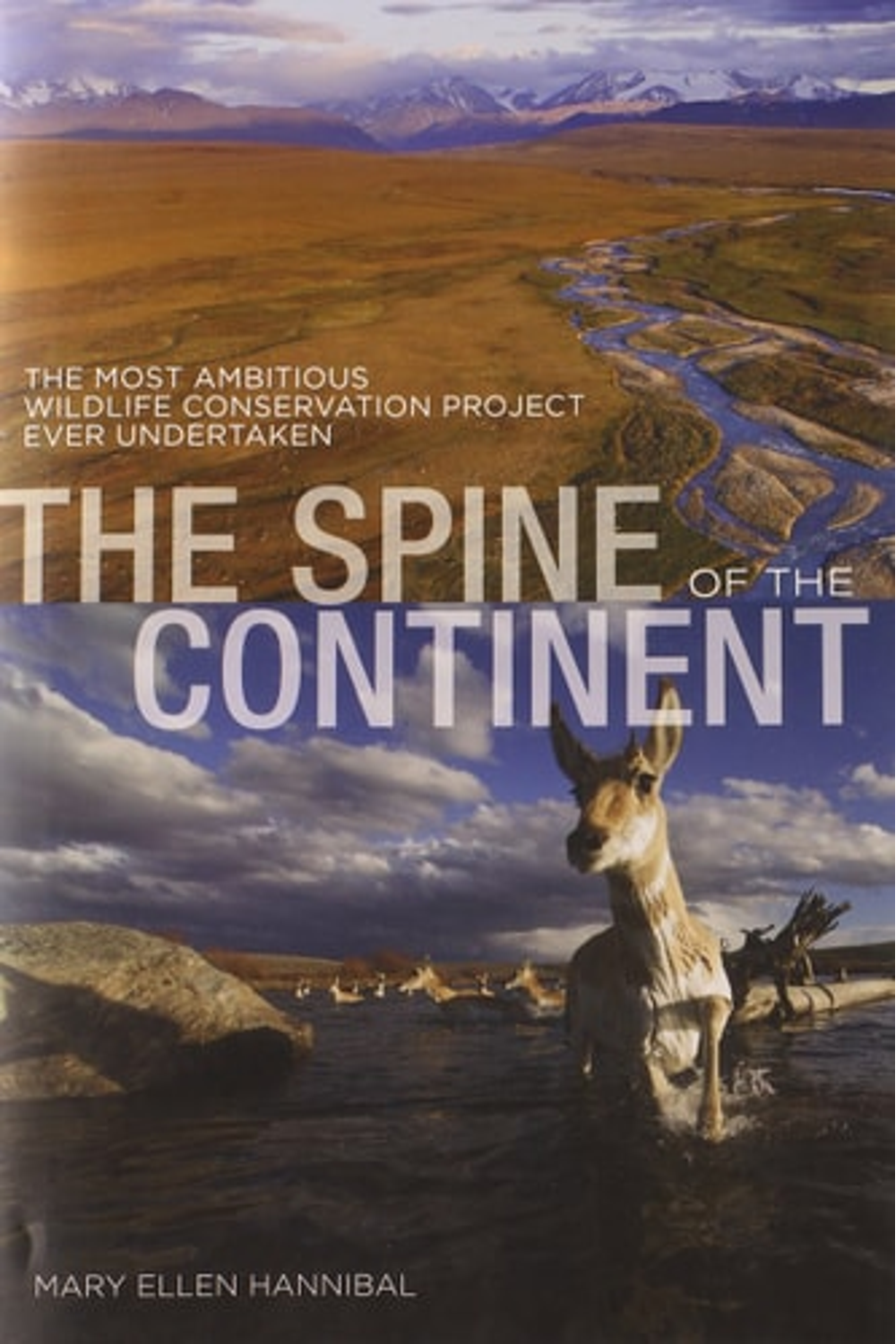Explore the groundbreaking conservation movement sweeping North America in Mary Ellen Hannibal’s “The Spine of the Continent.” This compelling narrative unveils the ambitious vision to connect protected areas from the Yukon to Mexico, creating vital wildlife corridors in the face of climate change and habitat loss. Delve into the legacy of Michael Soule, the father of conservation biology, and witness the passionate efforts of scientists, activists, and local communities working to safeguard biodiversity. Hannibals journey reveals the critical need for connectivity, the impact of human development, and the inspiring stories of those dedicated to preserving the continent’s natural heritage. Published by Lyons Press, this hardcover edition offers a blend of scientific insight and heartfelt storytelling, making it a must-read for anyone concerned about the future of our planet. Discover how this monumental project is reshaping conservation and offering hope for a more sustainable future.
The Spine of the Continent: The Most Ambitious Wildlife Conservation Project Ever Undertaken
19,73 $
In stock
As climate change encroaches, animals and plants around the globe are having their habitats pulled out from under them. At the same time, human development has made islands out of even our largest nature reserves, stranding the biodiversity that lives within them. The Spine of the Continent introduces readers to the most ambitious conservation effort ever undertaken: to create linked protected areas extending from the Yukon to Mexico, the entire length of North America. This movement is the brainchild of Michael Soule, the founder of conservation biology and the peer of E.O. Wilson and Paul Ehrlich, who endorse his effort as necessary to saving nature on our continent. With blue-ribbon scientific foundations, the Spine is yet a grassroots, cooperative effort among conservation activists NGOs large and small — and regular citizens. The Spine of the Continent is not only about making physical connections so that nature will persist; it is about making connections between people and the land we call home. In this fascinating, exciting, and important book, Mary Ellen Hannibal travels the length of the Spine, sharing stories and anecdotes about the passionate, idiosyncratic people she meets along the way and the critters they love.
| Authors | |
|---|---|
| Binding | |
| Condition | |
| ISBN-10 | 076277214X |
| ISBN-13 | 9780762772148 |
| Language | |
| Pages | 288 |
| Publisher | |
| Year published | |
| Weight | 503 |
| Edition | 1st Edition, 1st Printing |
Related products
Cognition on Cognition
33,53 $
- Additional information
- Currencies
- USD – United States dollar
- EUR – Euro
- GBP – Pound sterling
- CNY – Chinese yuan
- BRL – Brazilian real
- MXN – Mexican peso
- JPY – Japanese yen
- PHP – Philippine peso
- THB – Thai baht
- PLN – Polish złoty
- CAD – Canadian dollar
- MYR – Malaysian ringgit
- AUD – Australian dollar
- TWD – New Taiwan dollar
- CZK – Czech koruna
- SEK – Swedish krona
- HUF – Hungarian forint
- ILS – Israeli new shekel
- CHF – Swiss franc
- HKD – Hong Kong dollar
- DKK – Danish krone
- SGD – Singapore dollar
- NOK – Norwegian krone
- NZD – New Zealand dollar





